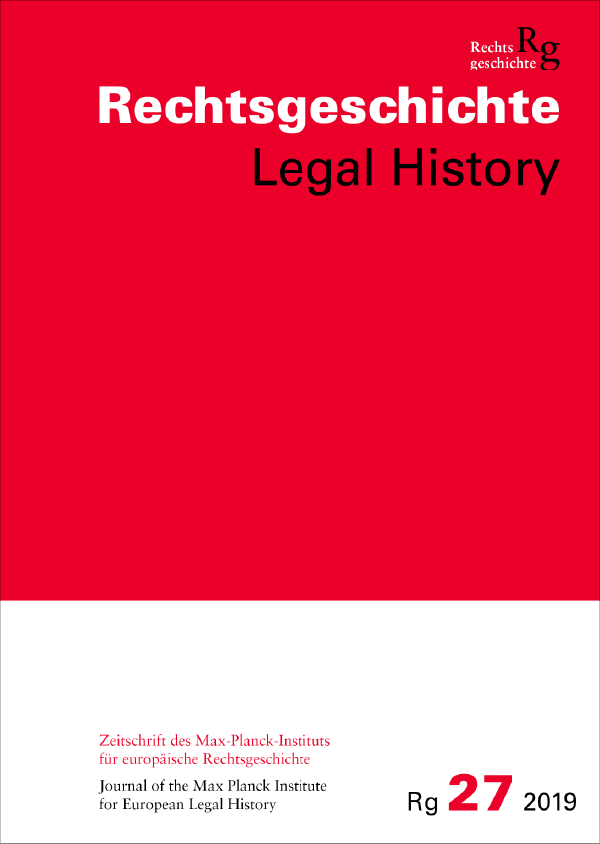The Spiritual Conquest of Marriage: How the Holy Office and Council of Trent Attempted to Reform the Laity of New Spain
DOI:
https://doi.org/10.12946/rg27/123-130Schlagworte:
Marriage, race, Council of Trent, Mexico, laityAbstract
The Council of Trent’s reform of marriage attempted to give the Church greater oversight over marriage and rein in popular misconceptions about the sacrament. In colonial Mexico, this shift in the definition of marriage coincided with the arrival of the Holy Office of the Inquisition. This article examines how the conjuncture of these two events impacted laity in New Spain, especially non-Spaniards of mixed ancestry such as mestizos and mulatos.The keen interest shown by the Inquisition in reforming the morals of the laity coupled with the changes in the definition of marriage resulted in the prosecution of many non-Spaniards for crimes against the sacrament of marriage. Through an analysis of various cases against non-Spaniards, this article argues that the late sixteenth century reform of marriage represented a unique spiritual conquest. Unlike the spiritual conquest of indigenous subjects for whom Christianity represented a completely new religious system, the spiritual conquest waged by the Holy Office sought to correct long-standing misconceptions and wide-spread ignorance held by members of Hispanic society.
Veröffentlicht
Zitationsvorschlag
Ausgabe
Rubrik
Lizenz
Copyright (c) 2019 Autor/in

Dieses Werk steht unter der Lizenz Creative Commons Namensnennung 4.0 International.





